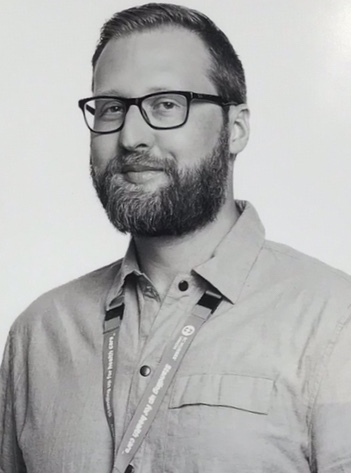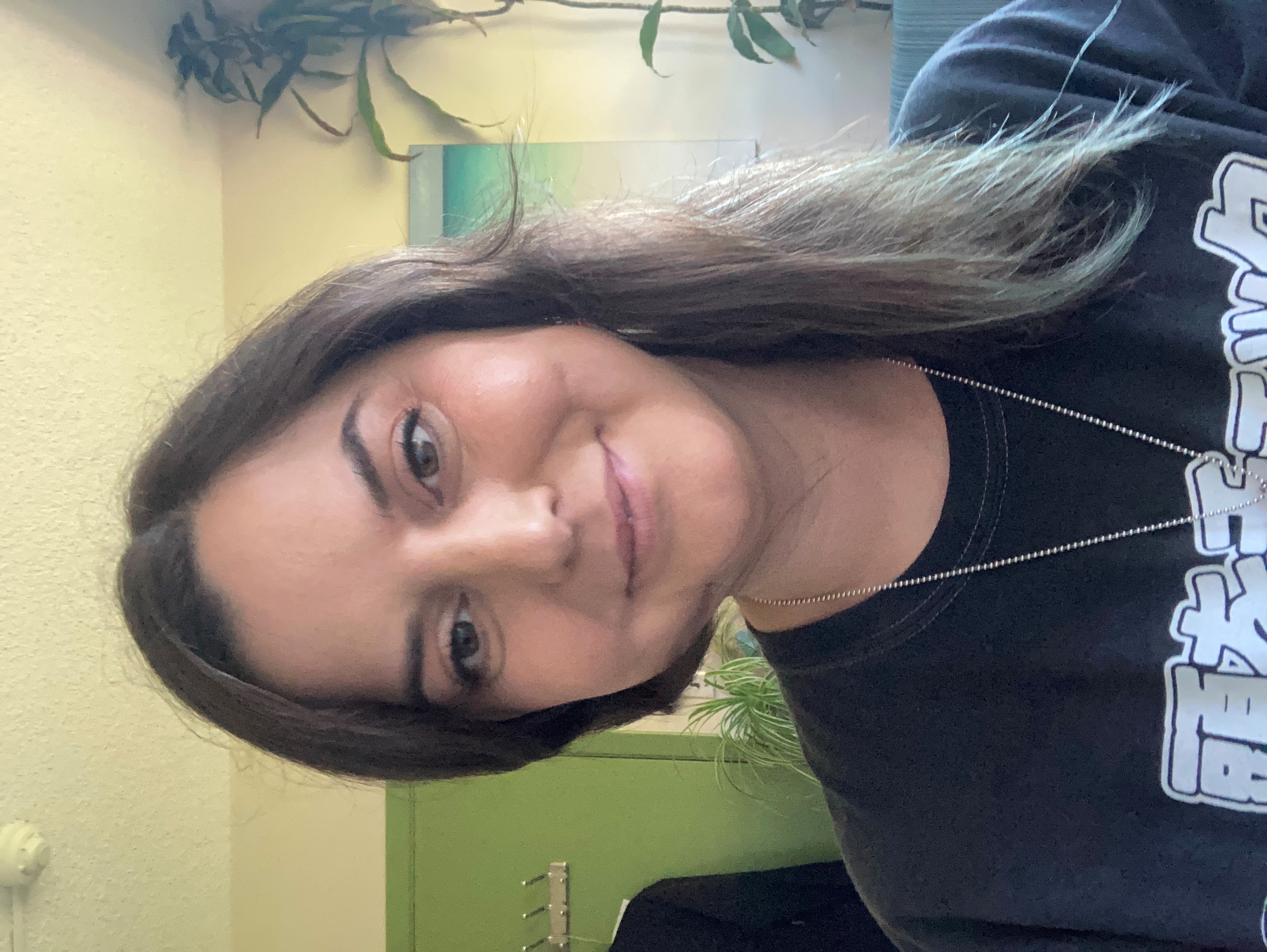Every day, people with mental health and substance use issues experience stigma and discrimination. For Two-Spirit people and LGBTQIA living with mental illness or addiction, a complex web of stigma and oppression can exacerbate their existing health challenges.
“As health care providers, we recognize that our Two-Spirit and LGBTQIA clients benefit from specialized care plans where they are embraced in their recovery journey,” says Michael Scott, a clinical nurse educator at the Red Fish Healing Centre for Mental Health and Addiction.
“It’s imperative that our work be anti-oppressive and client-centred so clients are not further traumatized by their care.” - Michael Scott
To help ensure all clients have access to appropriate care, BC Mental Health and Substance Use Services is taking a number of steps, including having gender neutral washroom facilities across its sites and developing policies specific to Two-Spirit and LGBTQIA needs and rights.
Educators at the Red Fish Healing Centre for Mental Health and Addiction have also developed a new staff training on gender-affirming and trauma-informed care. Designed for everyone working with transgender, non-binary and gender diverse individuals, the training explores key terms and concepts related to gender diversity and simple strategies for creating accessible and affirming services.

“Years ago, I was part of a team that collated a training resource for all of our staff and new hires,” says Scott. “It came complete with a ‘gender-bread person’ to give a visual queue to help people understand the subject matter. Since moving to the Red Fish Healing Centre, we have worked with our friends in
Trans Care BC to update training materials, ensuring they are based on the latest and best evidence. Through ongoing education, we’re continuing to advance knowledge, competency and cultural safety relating to gender-affirming care.”
A number of group therapies at the Red Fish Healing Centre support gender-affirmation for Two-Spirit and LGBTQIA clients. Two examples of these, Men’s Seeking Strength and Women’s Seeking Safety, are open to any individual, however they identify.
“In these group environments, clients receive support from their peers and health care providers for traumas they have experienced,” says Michael. “Both the men’s and women’s groups cover the same topics but by giving clients the ability to choose their setting based on how they identify we are creating space for them to feel comfortable with whomever is in the room. That’s where the trauma-informed approach comes in. In some cases, non-binary clients attend both groups and choose where they fit best. What’s really remarkable about these settings overall is how accepting, open and understanding peers are to one another.”
 At the Red Fish Healing Centre for Mental Health and Addiction and the Heartwood Centre for Women, Indigenous Care Coordinator Belle Beach-Alcock, who identifies as Metis-Cree and European, works with Indigenous clients including two-spirited people.
At the Red Fish Healing Centre for Mental Health and Addiction and the Heartwood Centre for Women, Indigenous Care Coordinator Belle Beach-Alcock, who identifies as Metis-Cree and European, works with Indigenous clients including two-spirited people.
“Two-Spirit people, or Indigenous people identifying as LGBTQIA, often do not feel they fit within the parameters of what modern society considers LGBTQIA,” says Belle.
“The meaning of two-spirited is broader than what many people realize. It’s not just someone not conforming to western gender roles of male or female—it’s about intersectionality. When I work with clients and staff, we spin the lens away from a western view so we can provide culturally humble and safe care.” - Belle Beach-Alcock
One of the many translations for two-spirited people is “those who transform,” or people who can tap into both masculine and feminine energies. In pre-colonial times, two-spirited people had an accepted place in the community. According to Belle, they were held in high regard as sacred beings, never disgraced or dishonoured.
“There is so much misogyny and homophobia built into our society as a result of colonizing forces,” says Belle. “The church had a strong hand in systems of governance and so, beliefs like marriage only being between a man and a woman became ingrained in Indigenous minds. Many nations began to punish two-spirited people and those traumas still exist today.”
Many Two-Spirit people are also victims of anti-Indigenous racism throughout their lives. Discrimination and stigma, whether relating to mental illness, substance use, gender or race, is something that health care providers need to be aware of, and consider when planning care.
“At BC Mental Health and Substance Use Services, we accept every person as sacred and an individual,” says Belle.
“When I work with clients one-on-one, I try to create a safe space for them to explore who they are and who they can be, without fear of judgement or discrimination.” - Beach-Alcock
If you would like to learn more about gender, sexuality, Two-Spirit or trans subject matter, visit Trans Care BC.
For more insight into the impacts of anti-Indigenous racism, read this story on how racism impacts everyday mental health.
